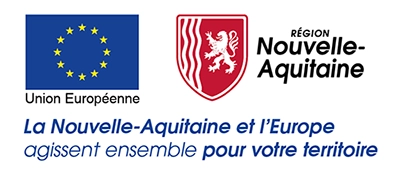When we think of sustainability, we don’t naturally think of Defence organisations and the effects that their operations have on the environment.
This is surprising, when according to McKinsey, Defence forces, typically account for at least 50 percent of government carbon emissions. This has increased pressure for Defence organisations to nurture a culture of sustainability across its community, by mitigating environmental impacts.
The challenge however is how they can effectively operate militarily whilst at the same time being sustainable.
It was therefore interesting to read this week about the first flight in UK Airspace of an aircraft entirely powered by Sustainable Aviation Fuel (SAF) and even more encouraging that from the crew perspective, there were no operational differences from using conventional fuels.
The 90-minute flight of the Airbus MRTT RAF Voyager (the military version of the Airbus A330 commercial airliner), took off from RAF Brize Norton and was a joint venture between the Royal Air Force (RAF), Airbus and other industry partners, including engine manufacturer Rolls Royce. The fuel was supplied by Air BP
SAF’s have the potential to reduce carbon emissions by up to 80% and the success of the flight was attributed to effective collaboration between industry and the armed forces.
Again, this is an example of aviation related industries leading the way in sustainable technology and contributing to the RAF’s goal of being net-zero by 2040.
The flight was part of the Government’s net-zero goal and ‘jet zero’ strategy which also includes plans for the RAF’s first net-zero airbase by 2025.
The ingenuity behind SAF’s is impressive – the SAF used on this flight was made from used cooking oil, with other waste-based sustainable feedstocks currently being researched for other uses within the MOD.
This is a superb example of what can be achieved by applying critical and lateral thinking – in other words, by ‘thinking outside the box’. One of the most effective ways of doing this is to look and learn from other industries – something clearly at play with the above scenario with different businesses and organisations combining their collective talents to great effect.
The pursuit of SAF will inevitably have brought many challenges and failures along the way and as the Designer, Inventor and Entrepreneur James Dyson puts it, ‘true invention lies in the understanding and overcoming of these failures which we must embrace’.
Of course, sustainable initiatives within commercial and military aviation are not restricted to aviation fuels and there are many other pioneering activities underway to achieve the breakthroughs to achieve net-zero.
Here at IMET, we are proud of our closed-loop supply chains that also play a key role in aerospace sustainability – and the close relations that we have forged with some of the World’s leading OEMs (Original Equipment Manufacturers).
Not only do we share their dedication to quality and standards, but their capacity to think outside the box, and to look and learn from other industries.

